What causes diarrhea in cats?
newhomeseeker
15 years ago
Related Stories
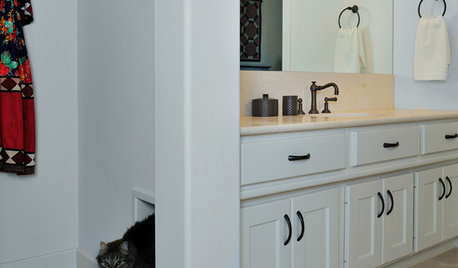
PETSSo You Want to Get a Cat
If you're a cat lover, the joys outweigh any other issue. If you haven't lived with one yet, here are a few things to know
Full Story
PETSHouzz Pets Survey: Who Rules the House — Dogs or Cats?
New data shows that pets make people happy, and pet owners love spending big to return the favor
Full Story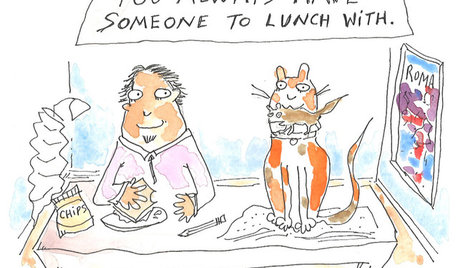
FUN HOUZZ6 Reasons Every House Needs a Cat
Everyone should have a feline fixture as part of their home decor. Here's why
Full Story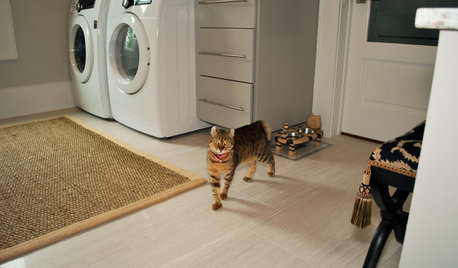
THE HARDWORKING HOMEA Laundry Makes Room for a Diva Cat
A South Carolina laundry room was designed to be sophisticated and functional, but when a kitten arrived, whimsy emerged
Full Story
PETSGarden Alert: 22 Plants to Keep Away From Pets
Avoid potential danger by keeping dogs and cats away from these landscaping and houseplant favorites
Full Story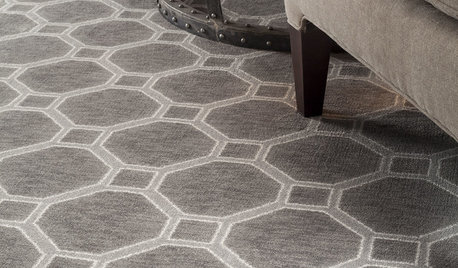
HOUSEKEEPINGDon't Touch Another Stain Before You Read This
Even an innocent swipe with water may cause permanent damage. Here's what to know about how rugs and fabrics react
Full Story
PETSDealing With Pet Messes: An Animal Lover's Story
Cat and dog hair, tracked-in mud, scratched floors ... see how one pet guardian learned to cope and to focus on the love
Full Story
FUN HOUZZSurvey Says: We’re Scared of Being Home Alone — and Spiders
A new Houzz survey reveals that most of us get spooked in an empty house. Find out what’s causing the heebie-jeebies
Full Story
DECORATING GUIDES10 Reasons to Try a Moroccan Rug
Unbelievably plush and durable, these carpets are a design obsession with good cause
Full Story
HEALTHY HOMENontoxic Paint 101
If 'VOC' sounds like gobbledygook and you have no clue what causes that funny smell, check out this primer on ecofriendly paint types
Full Story








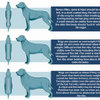

sheltiemom
runsnwalken
Related Professionals
North Chicago Architects & Building Designers · Wauconda Architects & Building Designers · Syracuse Architects & Building Designers · Lake Zurich Furniture & Accessories · Port Charlotte Furniture & Accessories · Dumont Furniture & Accessories · Burr Ridge Cabinets & Cabinetry · Drexel Hill Cabinets & Cabinetry · Effingham Cabinets & Cabinetry · Spring Valley Cabinets & Cabinetry · Garland Flooring Contractors · Merritt Island Flooring Contractors · Murfreesboro Flooring Contractors · Olympia Flooring Contractors · South Lake Tahoe Flooring ContractorsElly_NJ
jenc511
runsnwalken
Meghane
newhomeseekerOriginal Author
MarcDevon